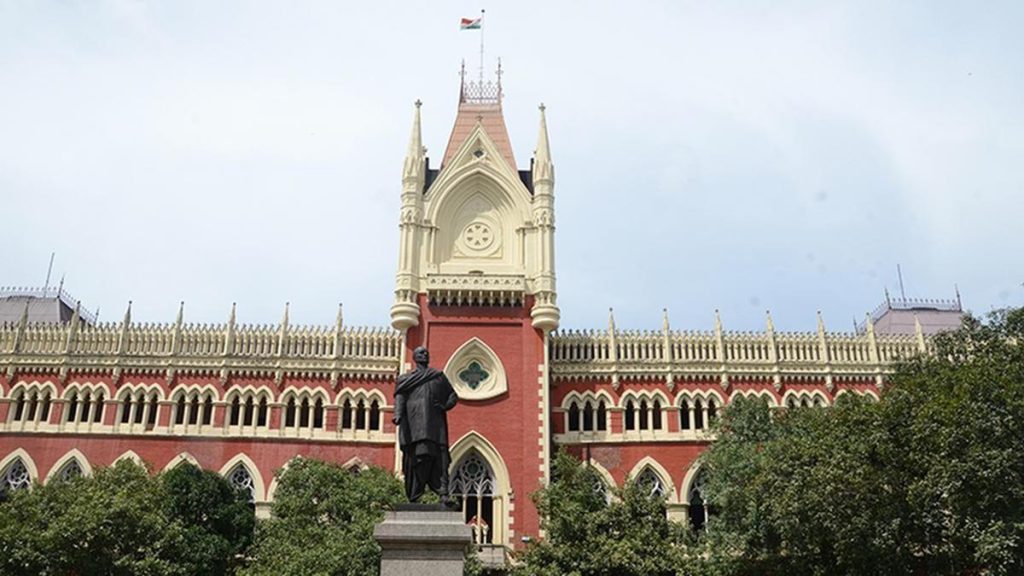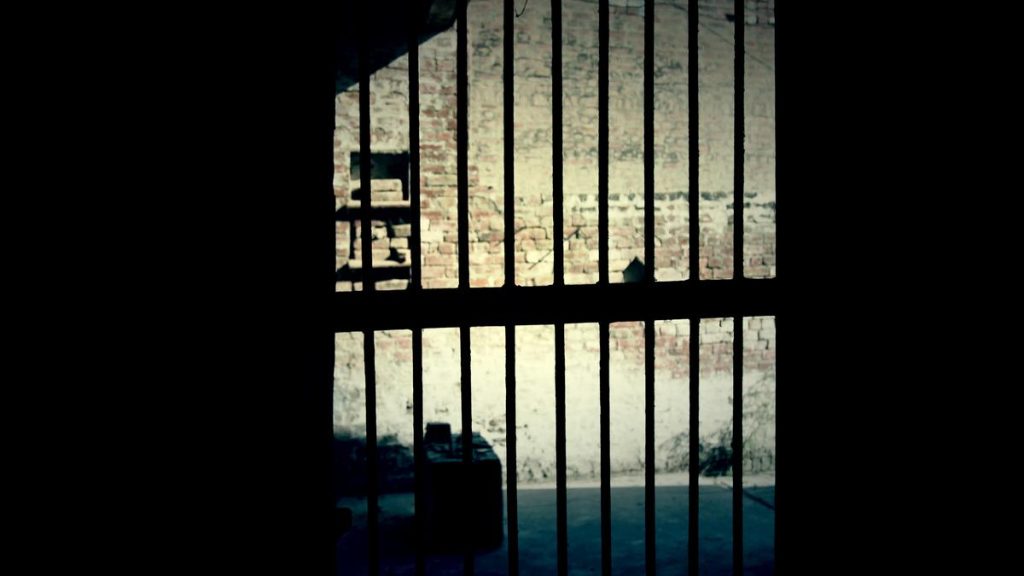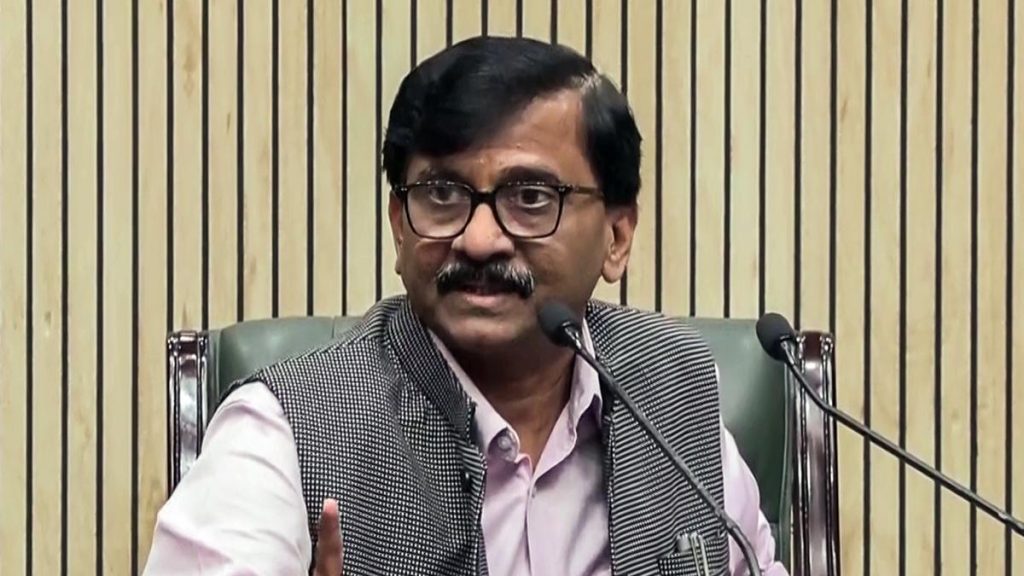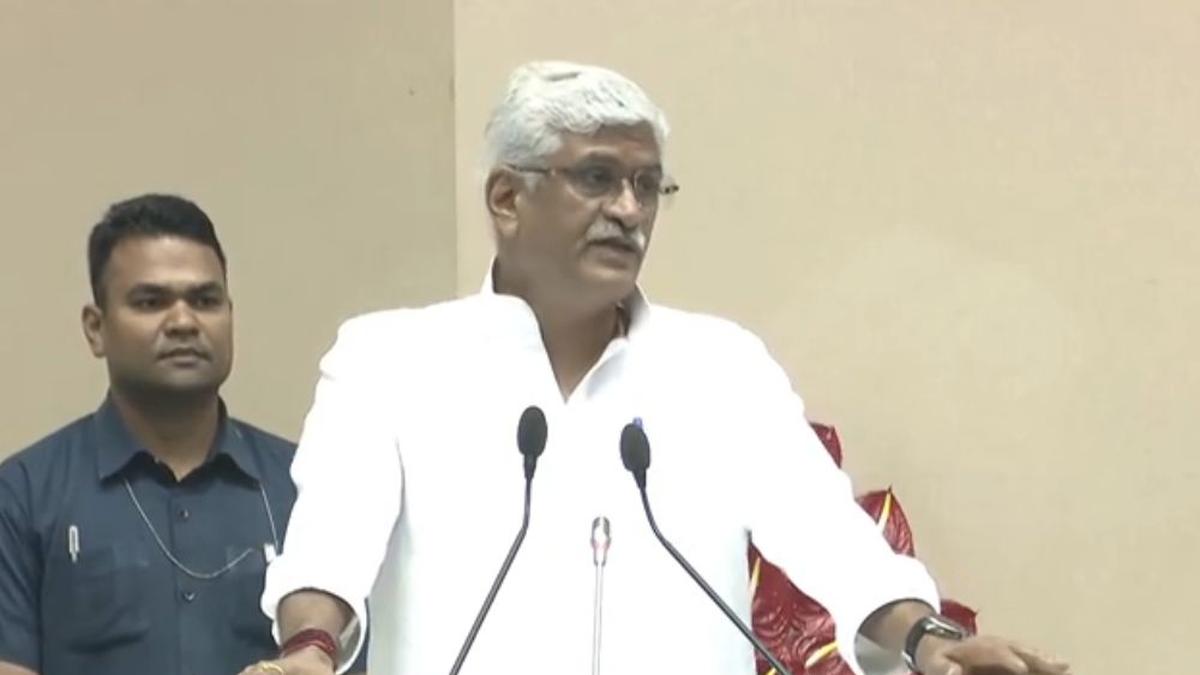Now Reading: Unrealistic Expectations Linked to Rising Suicide Risk Among Youth: Experts
-
01
Unrealistic Expectations Linked to Rising Suicide Risk Among Youth: Experts
Unrealistic Expectations Linked to Rising Suicide Risk Among Youth: Experts

Rapid Summary
- World Suicide Prevention Day: Experts in Kolkata highlight unrealistic expectations as a primary cause of suicidal tendencies among the younger generation.
- Suicide Statistics: According to 2022 NCRB data, 7.6% of suicides in India were by students and unemployed youth. West Bengal remains among the top five Indian states with high suicide rates, accounting for 12,669 deaths in 2022.
- Academic Stress: IIT Kharagpur reported three student suicides linked to academic stress and struggles to meet high standards since January.
- Mental Health Issues:
– dr. Ranjita Biswas: Socio-economic disparities and rigid expectations worsen mental health challenges.
– Modern factors contributing to distress include post-pandemic uncertainties, limited emotional support due to nuclear family setups, and overwhelming digital and social media influence on coping mechanisms.
- Social Media Impact: Deboshila Bose (Fortis Hospital) noted how influencer culture distorts reality for youths, exacerbating feelings of inadequacy.
- NGO Data: Teenline helpline operated by CINI receives around 350-400 monthly distress calls from youth; about 10% related to suicide prevention.
Counselling resources Available: Those experiencing distress can call DISHA’s helpline at 0471-2552056 or 1056.
Indian Opinion Analysis
The alarming trends surrounding youth suicides in India reflect deep-rooted societal issues such as unrealistic expectations stemming from academic pressures, socio-economic inequality, and unregulated influencer culture on social media. With West bengal recording disproportionately high suicide rates coupled with incidents from institutions like IIT Kharagpur highlighting systemic flaws in academia’s demands on students’ mental health-India faces an urgent call for reform across education systems.
Additionally, modern societal shifts such as diminished emotional support within nuclear families exacerbate the isolation felt by young individuals navigating post-pandemic uncertainties. Mental health services need expansion beyond crisis intervention into preventive frameworks embedded within schools and universities while curbing detrimental social media influences through regulatory oversight.
Addressing these issues holistically not only mitigates immediate harm but lays groundwork towards rectifying larger socio-cultural frameworks impacting Indian youth well-being.
























